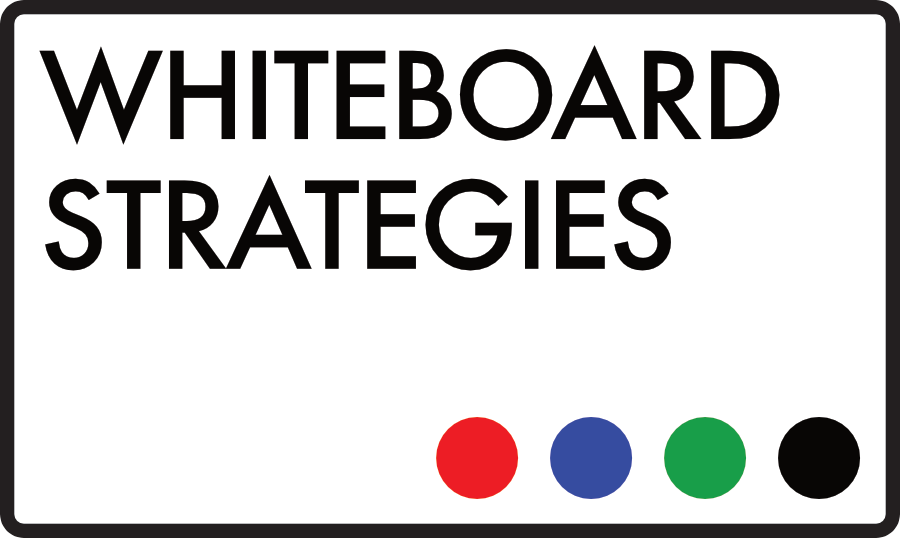If you’re a sales leader, this is a question you’ll have asked yourself time and time again. Probably with your head in your hands, a stiff drink on the desk, and last quarter’s numbers glaring at you from the computer screen. I read a set of 2014 stats this week that said that only around 50% of salespeople hit quota. Now on the one hand, quotas mean less by the week, as they slowly morph from achievable incentives into nonsensical bullshit designed to keep stakeholders and city analysts quiet. On the other, our own client research revealed that only around 22% of salespeople are able to keep up with the demands of their marketplace… and man, some people are bad at their jobs.
Talented, experienced salespeople who are willing and able to graft, adapt and evolve with their industries have always done well. You might even have been one of the good apples yourself once upon a time. But why is the talent pool currently so weak? Why are so many salespeople so bad? Why is sales carrying so much dead weight?
1. Sales Attracts Inexperience
The majority of entry-level sales positions don’t require a degree or professional qualification. In some ways that’s great—certificates definitely don’t make the man—but in others it leaves the industry open to attracting people with no experience, no proper understanding of pipeline, pitching or process, and no real interest in the job beyond collecting a pay packet. Restrictive interviewing and employment laws also make it very difficult to sort the wheat from the chaff at recruitment stage.
2. The Industry Changes, Salespeople Don’t
Even those experienced salespeople who have been in post for decades can be a liability, since the game is constantly changing. The marketplace demands speed, adaptability, responsiveness, an understanding of leading-edge tech, selling well beyond the pitch and much more of salespeople, and the old guard have been way too slow to react, leaving their organisations dead in the water.
3. Salespeople are Badly Trained
You can call your enablement / training department whatever you like, but the chances are it isn’t really doing its job. Enablement itself seems to attract everyone but the specialists it needs. Salespeople need to be keep up to date on product, value propositions, marketplace positioning, competitive differentiation and much more. They need an in-depth understanding of how their selling process works and how that aligns with the customer’s buying journey. They need to be given comms tools to help them succeed, and be taught how to use them properly… That just doesn’t happen at most companies.
4. Expectations Aren’t Clear
Vague talk costs sales. You might think that setting targets and conversion quotas is enough… but it isn’t. Many salespeople (quite rightly) more or less ignore their monthly or quarterly number, so you need to implement a clear, structured set of processes, performance KPIs and financial expectations. Your people need to know exactly what is expected of them at all times.
5. You Can’t Fire People
There was a time when someone being criminally bad at their job would have been enough to give them their marching orders… but not anymore. Think this might be a full rant for another day, but take it from me—the world has gone mad.
Salespeople are spending all their time head down in their CRM, occasionally looking up for long enough to try some half-arsed product pitch. They’re expecting their departments to carry them, lacking the knowledge and understanding to sell valuable solutions in the context of their marketplace. They’re not seen as trusted advisors or experts, and they’re complaining about lead quality instead of prospecting themselves and creating a robust pipeline. They’re misusing or ignoring tech that could massively benefit them and failing to properly understand their role in their organisations.
Bad hires, bad leadership, bad enablement and the legal difficulty of getting rid of the dead weight. That’s why there are so many terrible sales people. Time to start doing things differently?
Follow Whiteboard Strategies or connect with Mark on LinkedIn, or sign up to The Edwards Update now for monthly insight, delivered straight to your inbox.

Recent Comments